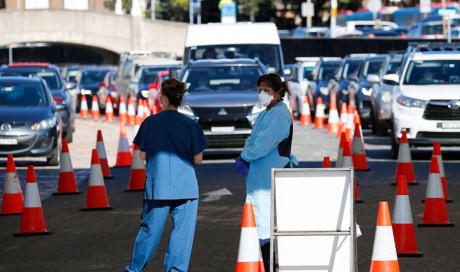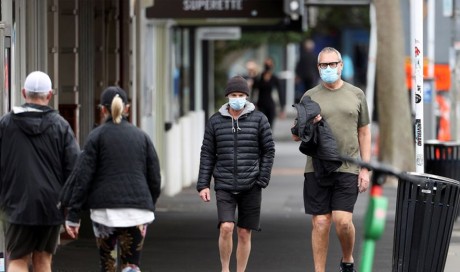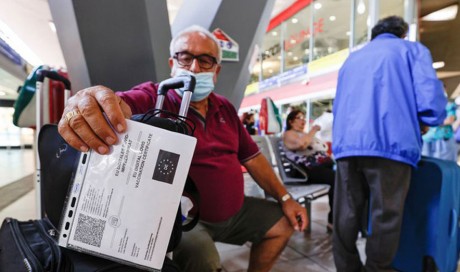Two of the UK government's scientific advisers have given stark warnings over the increase in coronavirus cases.
Prof John Edmunds, a member of the Scientific Advisory Group for Emergencies (Sage), said cases were now "increasing exponentially".
And England's deputy chief medical officer, Prof Jonathan Van Tam, said people had "relaxed too much" and must start taking the virus seriously again.
Some 2,948 UK cases were recorded on Monday, according to government data.
It follows 2,988 new cases being announced on Sunday, which was the highest figure since 22 May.
Prof Edmunds, from the London School of Hygiene and Tropical Medicine, told ITV's Robert Peston that the R number - which rates Covid-19's ability to spread - had risen "above one", so the UK was in a "risky period".
"We can see the epidemic is taking off again. So I don't think we've hit that sweet spot where we've been able to control the epidemic and allow the economy to return to some sort of normality," he said.
Prof Edmunds, who has previously said he wished the UK had gone into national lockdown earlier than it did, added that cases were rising from a "relatively low level" but "are increasing now exponentially".
Earlier on Monday, Prof Van Tam described the latest "big change" in coronavirus infections across the UK as a "great concern".
"People have relaxed too much. Now is the time for us to re-engage, and to realise that this a continuing threat to us," he said.
Prof Van Tam added that hospital admissions and deaths were "at a very low level" in the UK and the rise in cases was most prominent among those aged between 17 and 21 - but the country risks following the trajectory of some EU countries.
"Where case numbers rise initially in the younger parts of the population they do in turn filter through and start to give elevated rates of disease and hospital admissions in the older age groups, and we know that then becomes a serious public health problem," he said.
"The fact that 17 to 21-year-olds are not becoming ill means they are lucky, but they also forget because the disease is not severe for them that they are potent spreaders."
He said the UK would be in for "a bumpy ride over the next few months" if people did not adhere more stringently to social distancing rules.
Share This Post















